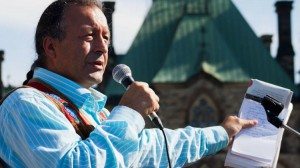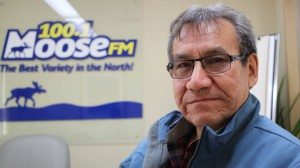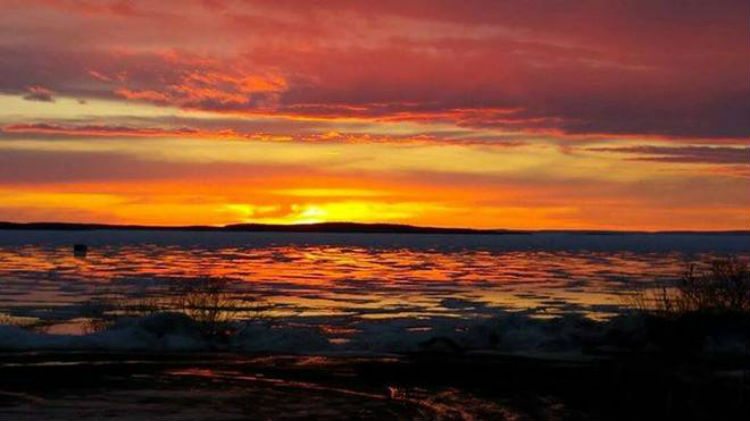First Nations groups in the Great Slave Lake area say they had no meaningful consultations with the GNWT before a new fishing revitalization project was announced.
The territory’s Department of Industry, Tourism and Investment launched a five-year initiative called the Strategy for Revitalizing the Great Slave Lake Commercial Fishery on Monday.
RELATED: Hay River’s fishing industry gets $1.4 million boost from GNWT
The plan is to commit $1.4 million over that period to give the commercial fishing sector a boost in Hay River, which has long been the hub for the industry in the Northwest Territories.

The initiative has seven focus areas to move the industry forward, including looking at how to add value to the NWT economy, restarting the winter fishery and encouraging new entrants to the Great Slave Lake fishery.
But several First Nations leaders say they find it ‘astonishing’ the government wouldn’t consult with them before drafting the project.
“The big concern is that there’s a new strategic approach being developed by the territorial government,” Dene National Chief Bill Erasmus told Moose FM.
“But they neglected to talk to our people before coming out with this whole approach so the chiefs are saying they can’t support this proposal.”
Several leaders met on the K’atl’odeeche First Nation Reserve near Hay River this week, where they discussed the fishery revitalization project in detail.
Erasmus was joined by fellow chiefs Roy Fabian of the Hay River Reserve, Ernest Betsina of the Yellowknives Dene and Felix Lockhart of the Lutsel K’e Dene among others.
In a press release signed by all attending chiefs, they said invitations extended to the GNWT and NWT Fishermen’s Federation were declined.
A representative from the federal government’s Department of Fisheries and Oceans was present, however.

In the same press release, leaders blasted the territorial government for announcing the revitalization project without consulting them first.
“This strategy was developed without meaningful prior consultation with the First Nations that are the rights holders with respect to the Great Slave Lake fisheries and therefore do not reflect First Nations’ rights or interests,” it read.
“It is astonishing that the GNWT would develop a commercial fishery strategy encompassing Great Slave Lake without the direct and meaningful engagement of the First Nations governments around the lake.”
The chiefs also noted that the territorial government has no legal authority over the management of fish stocks, fish habitats, fishery research or commercial fishery licensing in the area.
Instead, those responsibilities fall under the mandate of Fisheries and Oceans Canada.
Erasmus believes the strategy could have benefited from some Indigenous insight.
“The fisheries industry is a huge industry,” he said. “It’s part of our economics, we’ve always had commercial fishing amongst our people.
“It’s not a new thing to us and we know that if we bring all the business entities together, including our people, then we can go a long ways in helping the NWT economy.
“This is a huge concern that we have.”
The six chiefs who signed the communiqué say they cannot support the revitalization project until “acceptable processes of consultation” are in place.
They’re also asking to meet with Fisheries and Oceans Canada on a government-to-government basis to discuss their role in fisheries management.





